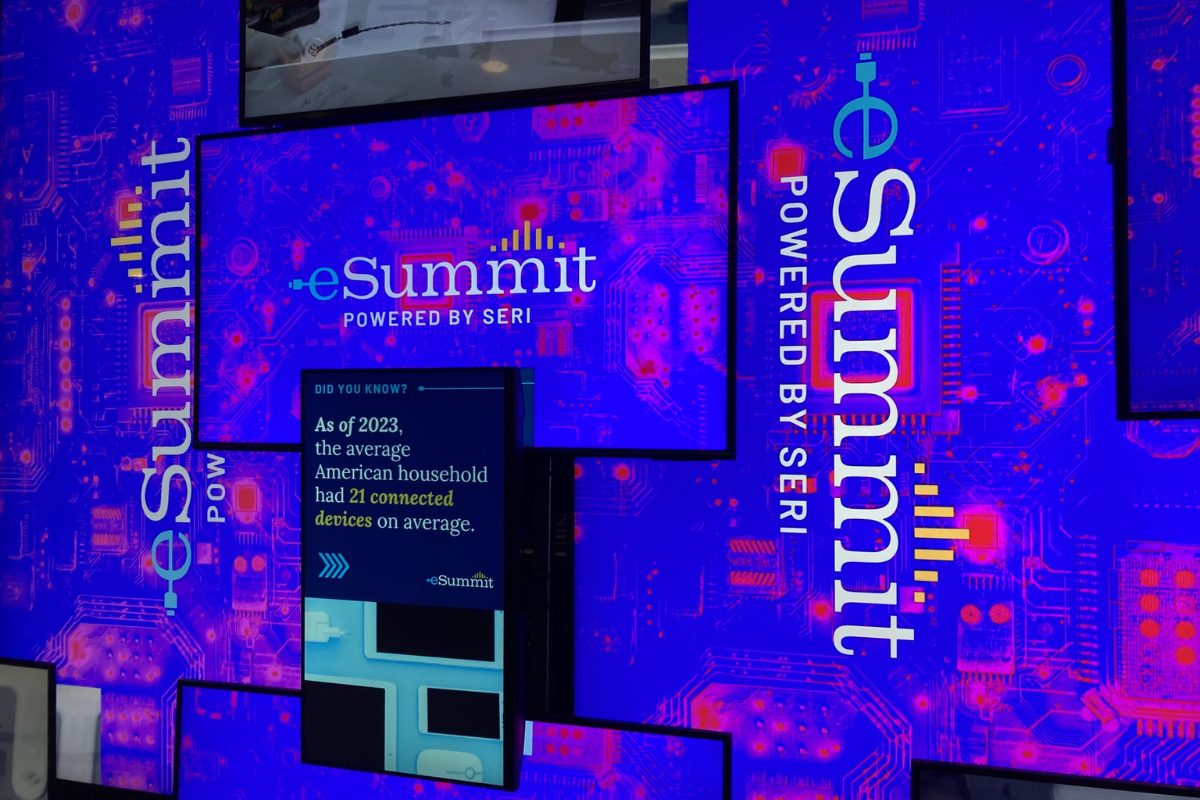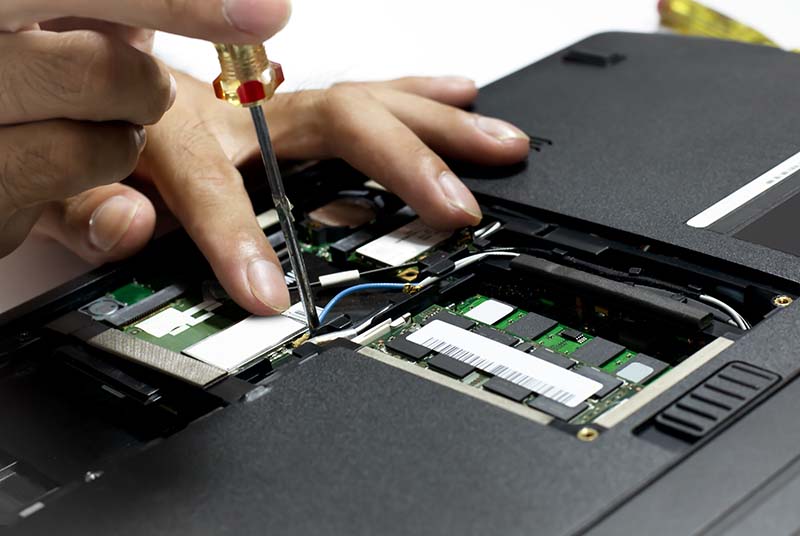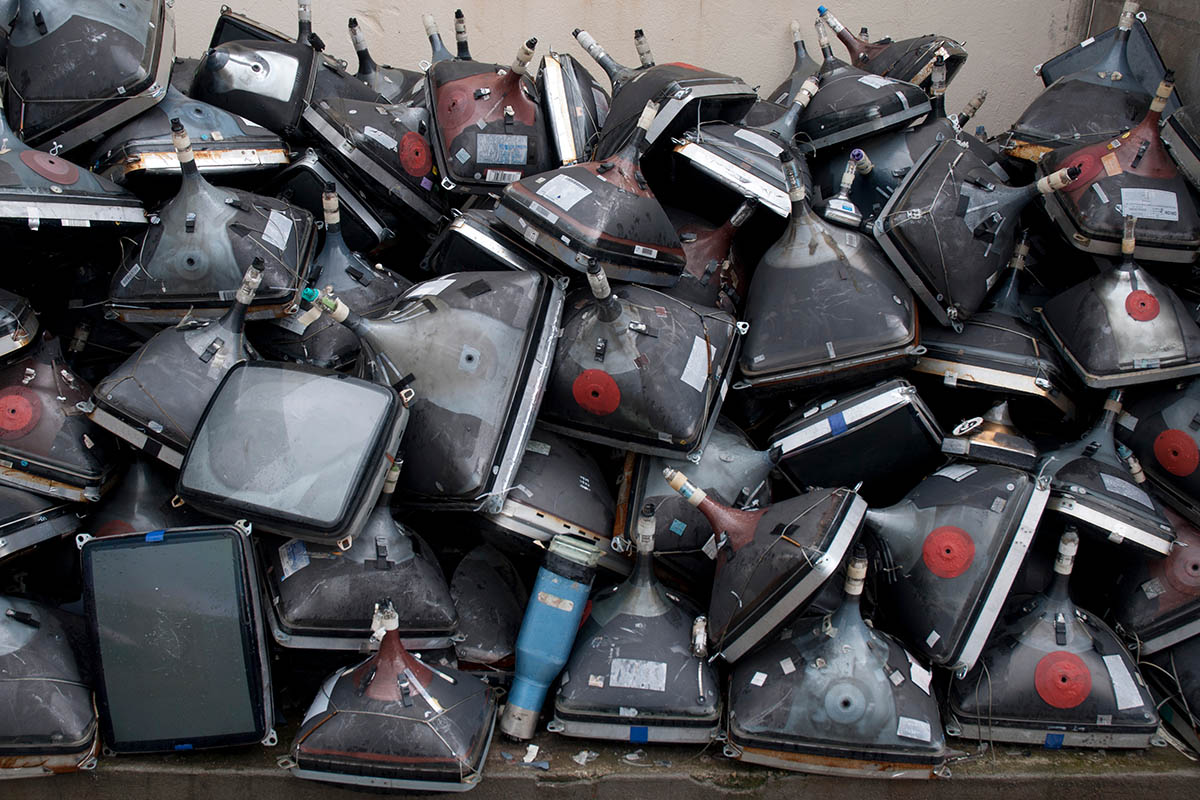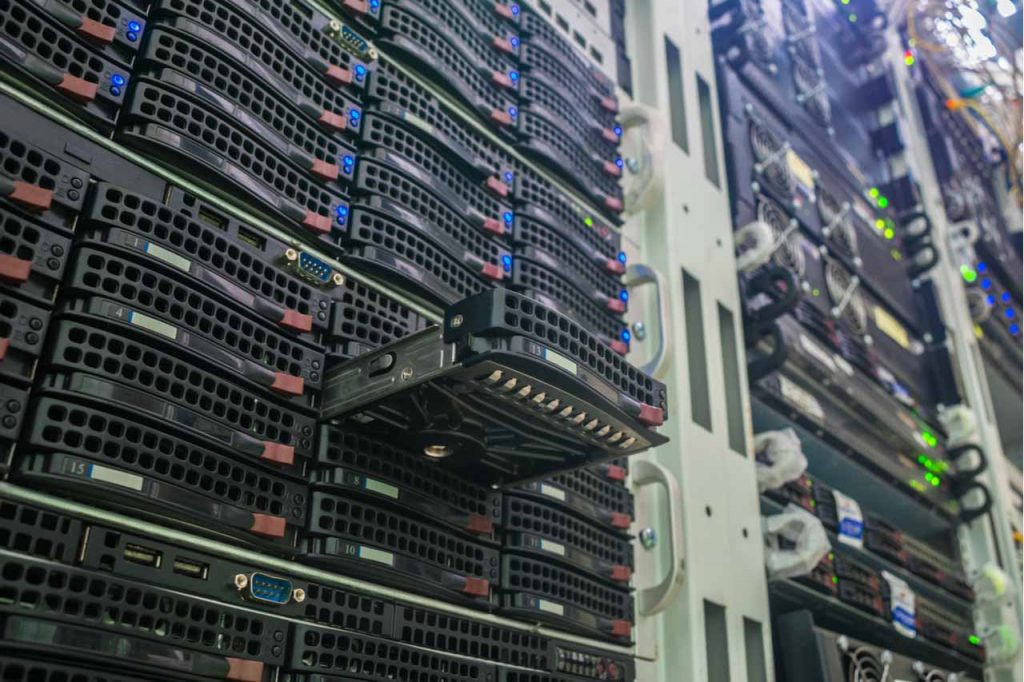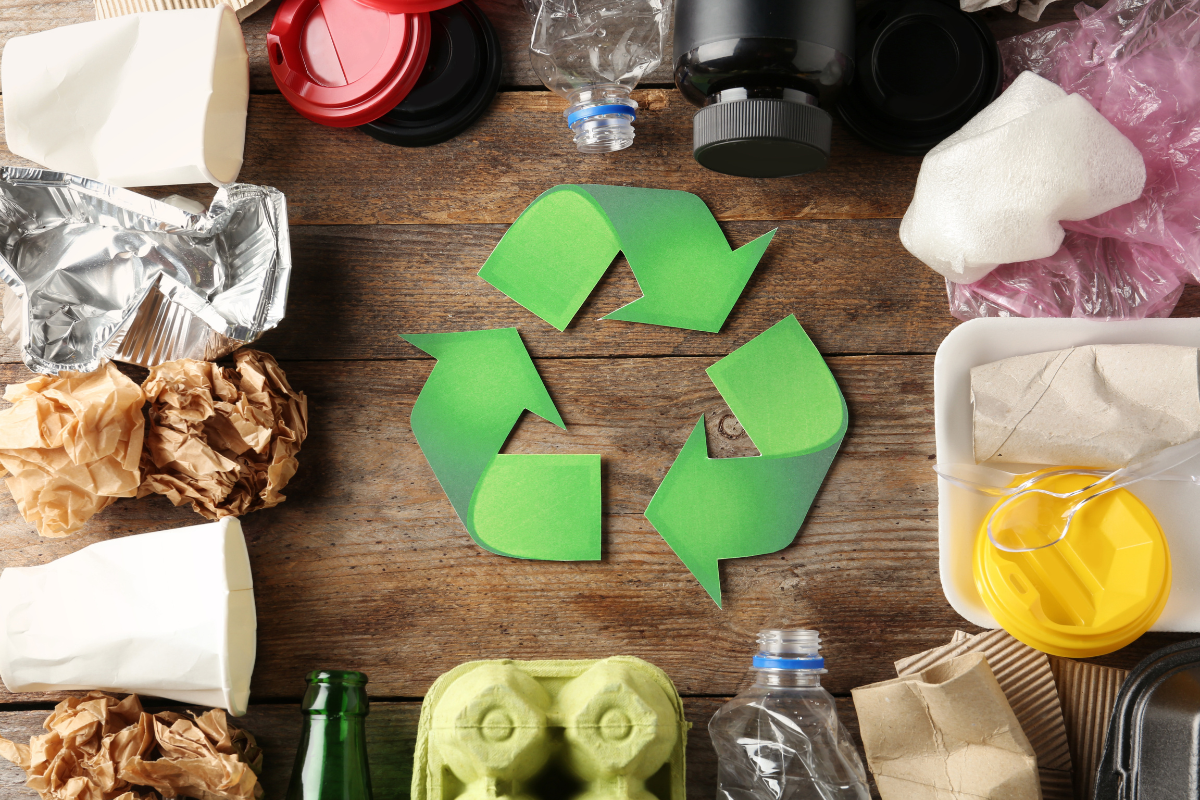
Rebound members can now trade more recycled materials on the platform, including plastics, metal, glass, OCC and e-scrap. | New Africa/Shutterstock
After starting in plastics, an online recycled material trading platform is expanding into glass, metal, rubber, OCC and paper and will soon add e-scrap. Continue Reading


